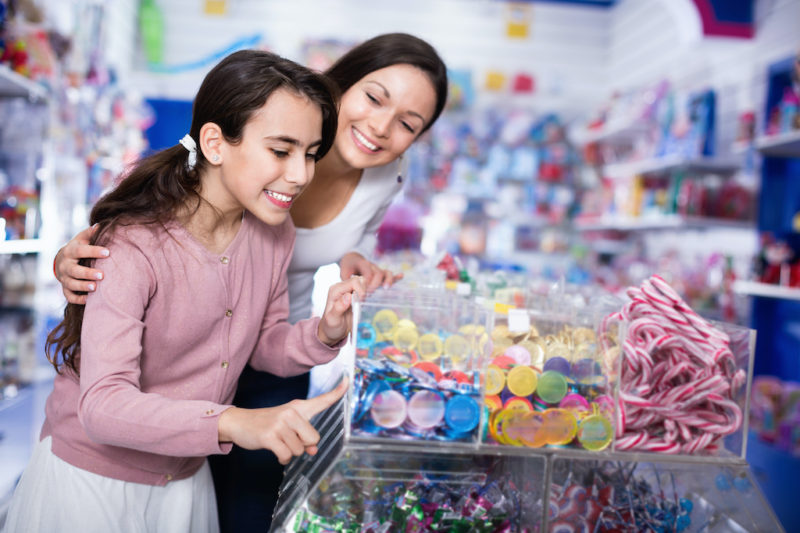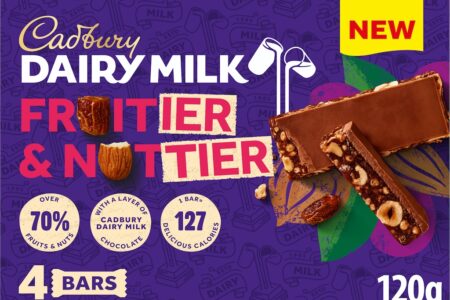Mondelez releases latest State of Snacking report revealing key rises in consumer buying

Mondelēz International has released its latest 2020 state of global snacking report, revealing that nine in ten people are consuming treats either more or the same during the pandemic compared to before the covid crisis, reports Neill Barston
The latest survey was conducted online by The Harris Poll on behalf of Mondelēz from October 6-20, 2020, among 6,292 global adults ages 18 and older, across 12 markets including the US, Canada, Brazil, Mexico, France, Germany, UK, Russia, China, Australia and Indonesia.
According to the results, a total of (46%) said that their snack intake had increased, while 42% said it had at least stayed the same compared to previous years, as consumers increasingly seek comfort food amid uncertain and challenging times.
Among the key findings from the survey was the fact that the majority of those quizzed in the study expect their eating habits to be maintained, saying they plan to continue eating small snacks throughout the day, as opposed to fewer large meals (64%), and that snacking will be part of their “new normal” even after the pandemic ends (58%).
Significantly, two-thirds believe “the current pandemic will have a long-term impact on how we consume snacks as a society” (65%), with comfort being the number one driver of growth.
The study found that more than half of those consulted said they had been buying nostalgic snack brands from childhood (53%) and snacks that bring back good memories (59%) during the pandemic.
Notably, two-thirds say snack time is one of the few moments of peace (64%) and bright spots in their day (63%), including three-quarters of parents who are working from home (76% and 75%, respectively). Snacking has also been an antidote for loneliness and avenue for connection, as 3 in 4 global adults have done something to connect with others via food in the last 6 months (77%), such as making a snack together (40%), giving a snack as a gift (31%), or grocery shopping for someone who could not go themselves (29%).
Another key finding was that a total of more than half of global adults have relied on snacks for nourishment during the pandemic (54%), attesting that snacks have been nourishing to their body, mind, and soul during these strange times (64%).
A majority are also more mindful snacking at home, saying they are more focused on the snacks they eat these days (57%), and that they have more control over the portions they eat because they are snacking at home more often (66%). A significant tipping point for online shopping has also been reached, with half of respondents noting that they bought snacks online, and three quarters stating that they’d continue to by online rather than in physical stores.
Notably, social media has also played a significant part in driving online growth of snacking, with a third of those surveyed stating they’d been influenced in their purchases through seeing material on social media platforms.
Speaking in his executive comment on the report, Dirk Van de Put, chairman and CEO noted: “As the global snacking category continues to grow, and we all adjust to our new normal, it’s not surprising that almost 9 in 10 adults worldwide say they are snacking more or the same during the pandemic than they were before.
“Digging deeper, millennials and those who are working from home right now are especially likely to say they prefer snacks over meals. It pleases me to know that more than half of global adults say snacking has been a “lifeline” for them during the pandemic, especially parents who are working from home, and for whom snacks have provided welcome nutrition for themselves and treats for their children. Taking time out for a snack, from a familiar and much-loved brand, can prove to be an antidote to our busy lives and an avenue for connection with others during these unpredictable times.”
Marketing developments
In addition to its latest snacks report, the company has also just released its latest global consumer-centric approach to marketing, known as Humaning. The company said its revised strategy is a natural fit for a company that creates the snacks that form the basis for connections between people all over the world and is a clear manifestation of the Mondelēz International brand purpose to do what is right: leading the future of snacking by offering the right snack, for the right moment, made the right way.
The business explained that the approach had already been demonstrated with examples such a its Oreo brand partnering with PFLAG National to create the #ProudParent platform, a long-term campaign celebrating families of all kinds and championing the idea that collectively we can make the world a more accepting, affirming and compassionate place, where all families belong. In addition, the business also cited its Cadbury Dairy Milk brand encouraging the United Kingdom to Donate Your Words to combat the crisis of elderly loneliness with a multi-year campaign.
Furthermore, the company also cited its Cocoa Life programme as a key example of its approach in action, offering hope with a new sustainable business model grounded in strengthening cocoa communities and inspiring the next generation of cocoa farmers. Cocoa Life is tackling the complex challenge cocoa farmers face, including climate change, gender inequality, poverty and child labor.
“We intend to apply the humaning approach to all that we do at Mondelēz International, both internally and externally,” said Martin Renaud, Global Chief Marketing Officer, Mondelēz International. “Snacking is all about forming connections with other people over the snacks we enjoy.



